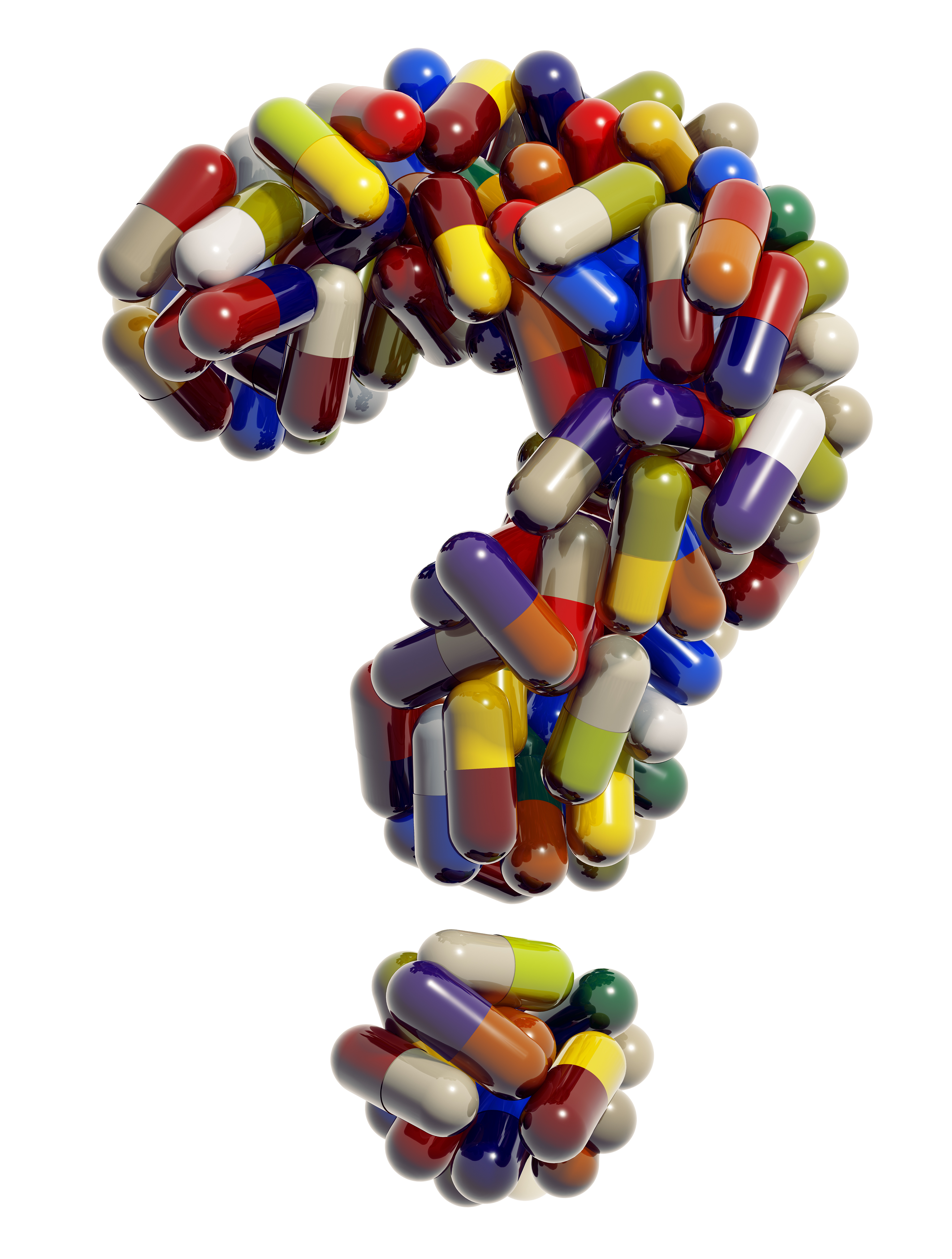Brian Duewel
Do sports supplements help performance? Are they safe? Those are two of the most common questions I am asked by athletes at every level.

To some people, the word "supplement" immediately conjures up images of steroids and human growth hormones (HGH). They both have negative connotations in the eyes of the public – and rightfully so. However, not all supplements should be viewed in the same light. For instance, your everyday multi-vitamin is a supplement because it supplements what you get from your everyday diet.
To really understand the benefits of certain supplements and the dangers of others, it's important to break down each product individually.
Let's start by mentioning that the Food and Drug Administration (FDA) does not strictly regulate the production and distribution of supplements. When you buy a product, you are taking the word of the manufacturer that what they say about the supplement is legitimate. Sometimes it is, sometimes it's not.
There are too many supplements on the market, both legal and illegal, to examine all of them. So, I'll just mention a few of the popular ones and explain what makes them good or bad.
On a regular basis, certain supplements are often linked to scandal with professional athletes. Steroids and HGH are used to build muscle tissue and increase mass. But because there are numerous side effects, not to mention the legality issue, they should always be avoided.
Androstenedione (andro) is another popular supplement for athletes looking for an edge. Andro is known as a "natural steroid" that converts into testosterone in the body. In 2004, the federal government passed a law making the possession of andro illegal, and many of the same side effects as steroids exist, like infertility, baldness, liver, kidney and heart disease.
Ephedra is an herb that speeds up the nervous system and increases metabolism. It is also banned in the U.S. and has been linked to numerous deaths, like that of Korey Stringer, the Minnesota Vikings offensive tackle who passed away after taking the supplement in 2001. Needless to say, ephedra should be avoided.
Creatine (which is an acid naturally found in meat and fish) has support in the fitness community from those who believe it helps during high intensity power workouts. There are however, still some concerns about its use, especially for those with liver and kidney problems. Consult your physician in regards to creatine consumption.
As I mentioned earlier, a multi-vitamin is a supplement that adds nutrients to your regular diet. For most Americans, a daily vitamin can help fill in the nourishment gaps, but for most of us, a well-balanced diet should suffice when it comes to your need for supplementation.
Recipe
Try my easy homemade trail mix. It's a mix of almonds, walnuts, peanuts, sunflower seeds, raisins, dried cranberries and bananas. Combine and mix everything in a gallon-size bag and pack individual size baggies to take with you for a quick and easy snack anytime of the day.
http://www.postbulletin.com/sports/localsports/fitness-column-should-you-take-supplements
Click Here For More Articles

No comments:
Post a Comment